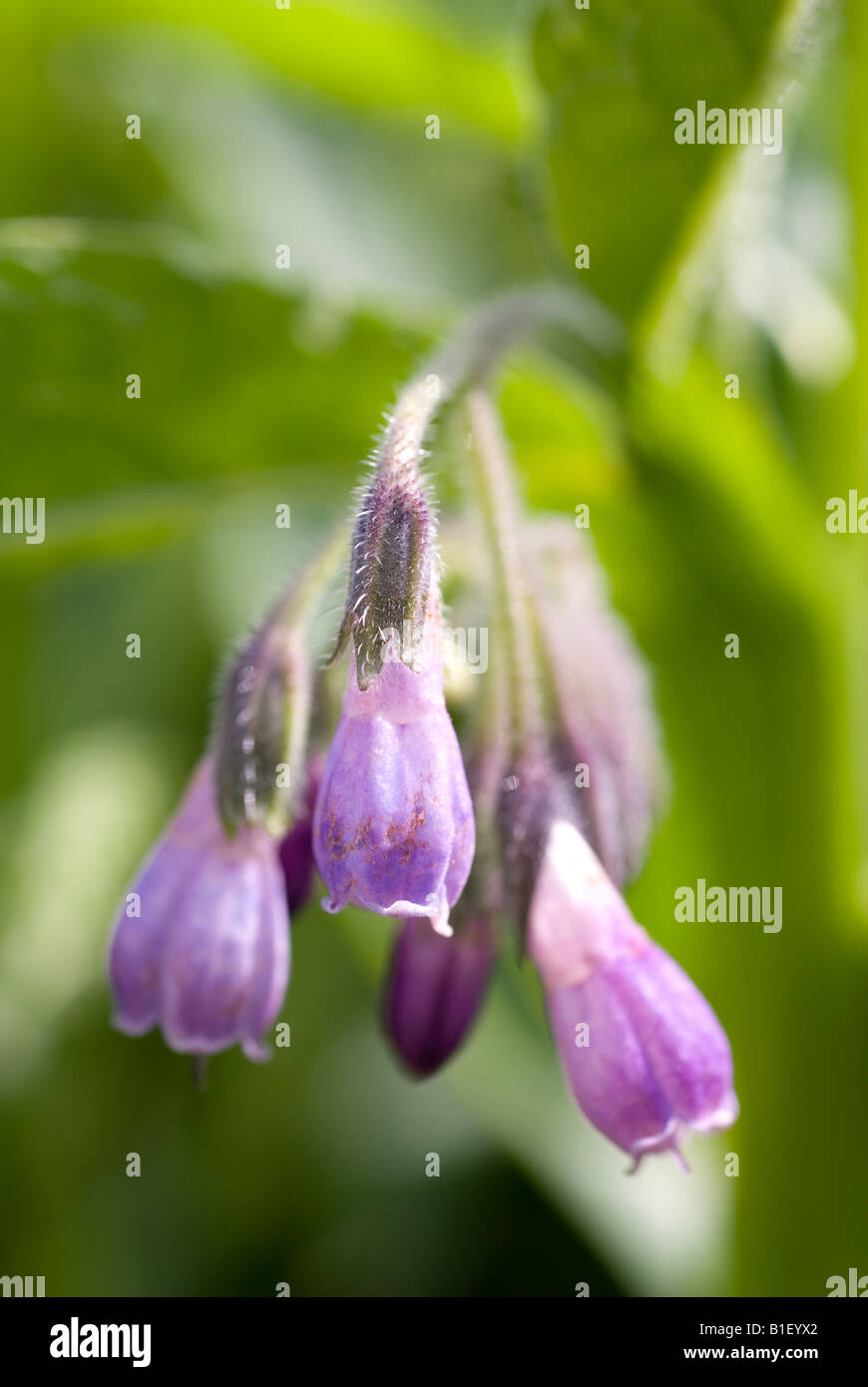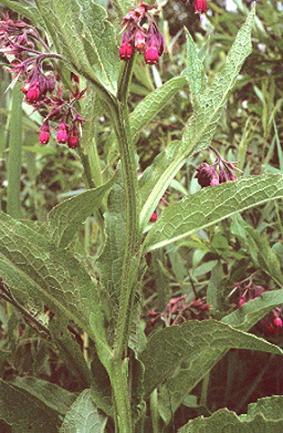

He was the author of several books, an editor of The Horse in the Stable and Field, and a prize-winning essayist to the US Department of Agriculture, among his many accomplishments. Robert McClure, MD, VS, was a professor at the Veterinary College of Philadelphia who was well published in the early 1900s. The two primary veterinarians were Robert McClure and George Dadd. Throughout this chapter, references will be made to several herbalists from the last 2 centuries. It is also a strong smelling herb which may deter some patients from eating it voluntarily. This author has seen several clinical gastrointestinal cases in which valerian was fed over a long time. It is also known for producing paradoxical effects (Holmes, 1997 Tilford, 1999). Valerian is considered to be a safe herb with relaxing and intestinal antispasmodic action. The valerian was removed because it was the only herb in the formula known to possibly have an adverse effect on the intestinal tract after that, the mare consumed the rest of the herbs. The mare experienced mild colic, and after the colic passed, she completely refused to eat the original formula. The formula contained valerian root (Valeriana officinalis). An example of how this works was demonstrated by a mare that had been on a formula to help regulate her heat cycles. In most instances, the horse will eat the correct formula. If a formula is not eaten, the case is revisited and a new formula selected.

In this author’s opinion, a horse’s refusal to eat herbs may mean that the formula is not correct. Some horses will not eat herbs under any circumstances others will eat them with inducement. Horse compliance is as important as client compliance.

Some diseases and conditions cannot be cured with herbs, as is true of all medicine. Herbal extracts usually work much faster, but are more costly. Clients must understand that herbs need to be fed in dry or fresh form for at least several weeks before clinical improvement may be seen, and months of use may be required before complete resolution has occurred. Herbal medicine can be used successfully along with other forms of medicine, conventional or complementary. A few recent studies have been performed these are listed in the Materia medica for each herb, provided later in this chapter. Most data and research from other species probably apply to the horse, but some known species-specific influences must be taken into account. In addition, clients like to add herbs to the feed or use them topically. Herbs are suited to equine practice because horses are natural herbivores. In addition, very little equine-specific herbal research is being conducted, so most available information on the use of herbal medicine in the treatment of horses is anecdotal. Veterinarians are learning more about herbs, but few courses are available to help them learn about medical application of herbs this causes a lack of knowledge and confidence in prescribing. Horse owners find herbs appealing and information readily available, even if the quality of this information is poor. The use of herbs in equine medicine is increasing, and clients are using them more often than veterinarians. Here, take this antibiotic.Ģ000 ad-That antibiotic is artificial. Here, swallow this pill.ġ985 ad-That pill is ineffective. Here, drink this potion.ġ940 ad-That potion is snake oil.

Here, say this prayer.ġ850 ad-That prayer is superstition.


 0 kommentar(er)
0 kommentar(er)
